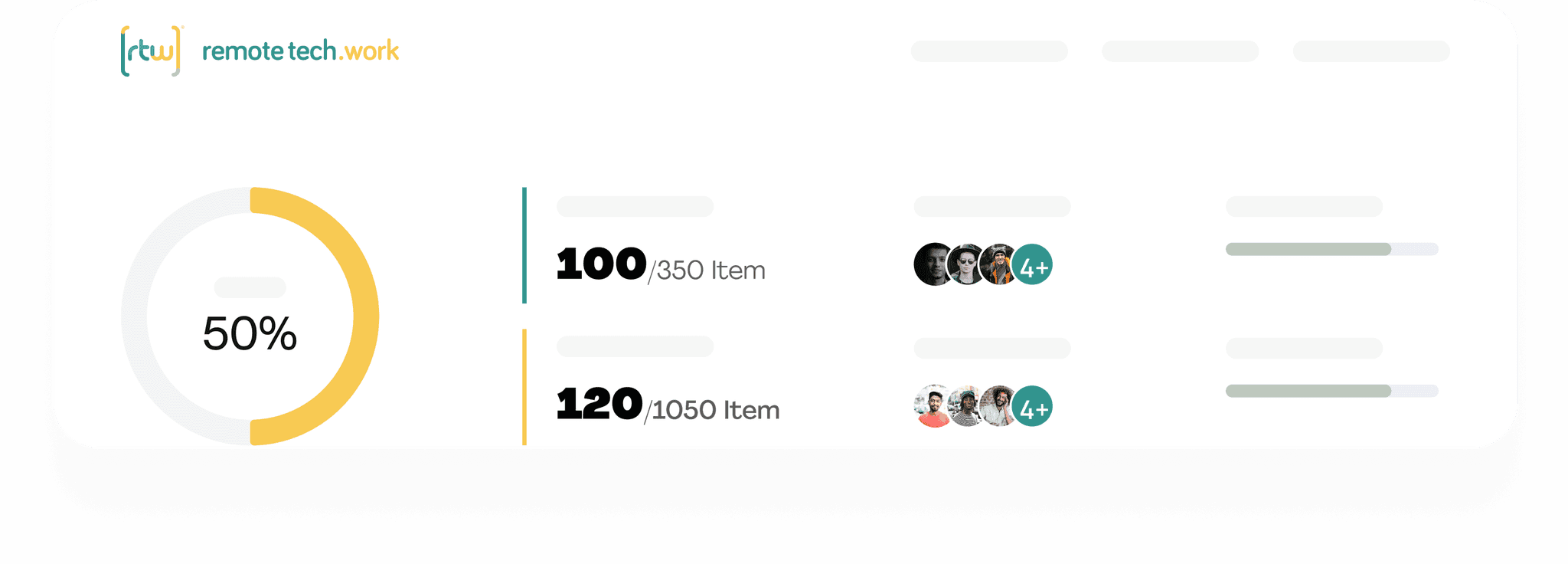DESCRIPTION
DESCRIPTION
DESCRIPTION
Java is a high-level, versatile, and widely-used programming language renowned for its portability, platform independence, and robustness. Developed by James Gosling and his team at Sun Microsystems (now owned by Oracle Corporation), Java was introduced in the mid-1990s. One of Java's key strengths is its "write once, run anywhere" philosophy, achieved through the use of the Java Virtual Machine (JVM), which allows Java programs to run on various operating systems without modification. This makes Java an excellent choice for developing cross-platform applications, including web applications, mobile apps, enterprise systems, and embedded devices.
Java is known for its strong emphasis on simplicity, readability, and maintainability of code. It offers a rich standard library and an extensive ecosystem of third-party libraries and frameworks, making it a popular choice for a wide range of applications. Java's strong typing, automatic memory management (garbage collection), and robust exception handling contribute to its reputation for reliability and stability. It is widely used in web development (via Java Servlets and JavaServer Pages), mobile app development (with Android), large-scale enterprise solutions, and scientific computing, among other domains. Java has maintained its popularity and relevance over the years, making it a foundational language in the world of software development.
Java is a high-level, versatile, and widely-used programming language renowned for its portability, platform independence, and robustness. Developed by James Gosling and his team at Sun Microsystems (now owned by Oracle Corporation), Java was introduced in the mid-1990s. One of Java's key strengths is its "write once, run anywhere" philosophy, achieved through the use of the Java Virtual Machine (JVM), which allows Java programs to run on various operating systems without modification. This makes Java an excellent choice for developing cross-platform applications, including web applications, mobile apps, enterprise systems, and embedded devices.
Java is known for its strong emphasis on simplicity, readability, and maintainability of code. It offers a rich standard library and an extensive ecosystem of third-party libraries and frameworks, making it a popular choice for a wide range of applications. Java's strong typing, automatic memory management (garbage collection), and robust exception handling contribute to its reputation for reliability and stability. It is widely used in web development (via Java Servlets and JavaServer Pages), mobile app development (with Android), large-scale enterprise solutions, and scientific computing, among other domains. Java has maintained its popularity and relevance over the years, making it a foundational language in the world of software development.
Recommended Skills
Recommended Skills
Recommended Skills
A Java developer should possess a combination of technical and soft skills to excel in software development using the Java programming language. Here's a list of key skills and knowledge areas for a Java developer:
Proficiency in Java: A strong understanding of Java, including core language features, data types, operators, and object-oriented programming (OOP) concepts like classes, objects, and inheritance.
Development tools: Familiarity with integrated development environments (IDEs) like Eclipse, IntelliJ IDEA, or NetBeans, as well as build tools like Maven or Gradle.
Java libraries and frameworks: Knowledge of popular Java libraries and frameworks, such as Spring, Hibernate, and Apache Struts, for building web applications, enterprise systems, and more.
JDBC and databases: Understanding of Java Database Connectivity (JDBC) to interact with relational databases and knowledge of SQL for database operations.
Web development: Proficiency in web development using Java, including servlets and JavaServer Pages (JSP), as well as web application frameworks like Spring MVC.
Java Enterprise Edition (Java EE): Knowledge of Java EE technologies, such as EJB (Enterprise JavaBeans), JPA (Java Persistence API), and JMS (Java Message Service), for building enterprise-level applications.
A Java developer should possess a combination of technical and soft skills to excel in software development using the Java programming language. Here's a list of key skills and knowledge areas for a Java developer:
Proficiency in Java: A strong understanding of Java, including core language features, data types, operators, and object-oriented programming (OOP) concepts like classes, objects, and inheritance.
Development tools: Familiarity with integrated development environments (IDEs) like Eclipse, IntelliJ IDEA, or NetBeans, as well as build tools like Maven or Gradle.
Java libraries and frameworks: Knowledge of popular Java libraries and frameworks, such as Spring, Hibernate, and Apache Struts, for building web applications, enterprise systems, and more.
JDBC and databases: Understanding of Java Database Connectivity (JDBC) to interact with relational databases and knowledge of SQL for database operations.
Web development: Proficiency in web development using Java, including servlets and JavaServer Pages (JSP), as well as web application frameworks like Spring MVC.
Java Enterprise Edition (Java EE): Knowledge of Java EE technologies, such as EJB (Enterprise JavaBeans), JPA (Java Persistence API), and JMS (Java Message Service), for building enterprise-level applications.
Our Talent Acquisition Process
Our Talent Acquisition Process
Our Talent Acquisition Process
We will walk you through our process during the days/weeks according to your agenda availability. Feedback will be present whether we move forward or not with your application. There are, in general, a challenge (60’ average each), two calls (45’ average each), and a Tech Interview for you to reach the final Offer Call.
We will walk you through our process during the days/weeks according to your agenda availability. Feedback will be present whether we move forward or not with your application. There are, in general, a challenge (60’ average each), two calls (45’ average each), and a Tech Interview for you to reach the final Offer Call.






HOW TO
GET STARTED
Sign up for our developer platform to begin working remotely
DEVELOPMENT
SOFTWARE
Remote Tech Work Ltd is a company registered in England and Wales (No.16127490).
Our address is Orion House Office 774, Bessemer Road, Welwyn Garden City, AL7 1HH. 2025
Remote Tech Work. All right reserved.
DEVELOPMENT
SOFTWARE
Remote Tech Work Ltd is a company registered in England and Wales (No.16127490).
Our address is Orion House Office 774, Bessemer Road, Welwyn Garden City, AL7 1HH. 2025
Remote Tech Work. All right reserved.
DEVELOPMENT
SOFTWARE
Remote Tech Work Ltd is a company registered in England and Wales (No.16127490).
Our address is Orion House Office 774, Bessemer Road, Welwyn Garden City, AL7 1HH. 2025
Remote Tech Work. All right reserved.
DEVELOPMENT
SOFTWARE
Remote Tech Work Ltd is a company registered in England and Wales (No.16127490).
Our address is Orion House Office 774, Bessemer Road, Welwyn Garden City, AL7 1HH. 2025
Remote Tech Work. All right reserved.
DEVELOPMENT
SOFTWARE
Remote Tech Work Ltd is a company registered in England and Wales (No.16127490).
Our address is Orion House Office 774, Bessemer Road, Welwyn Garden City, AL7 1HH. 2025
Remote Tech Work. All right reserved.

